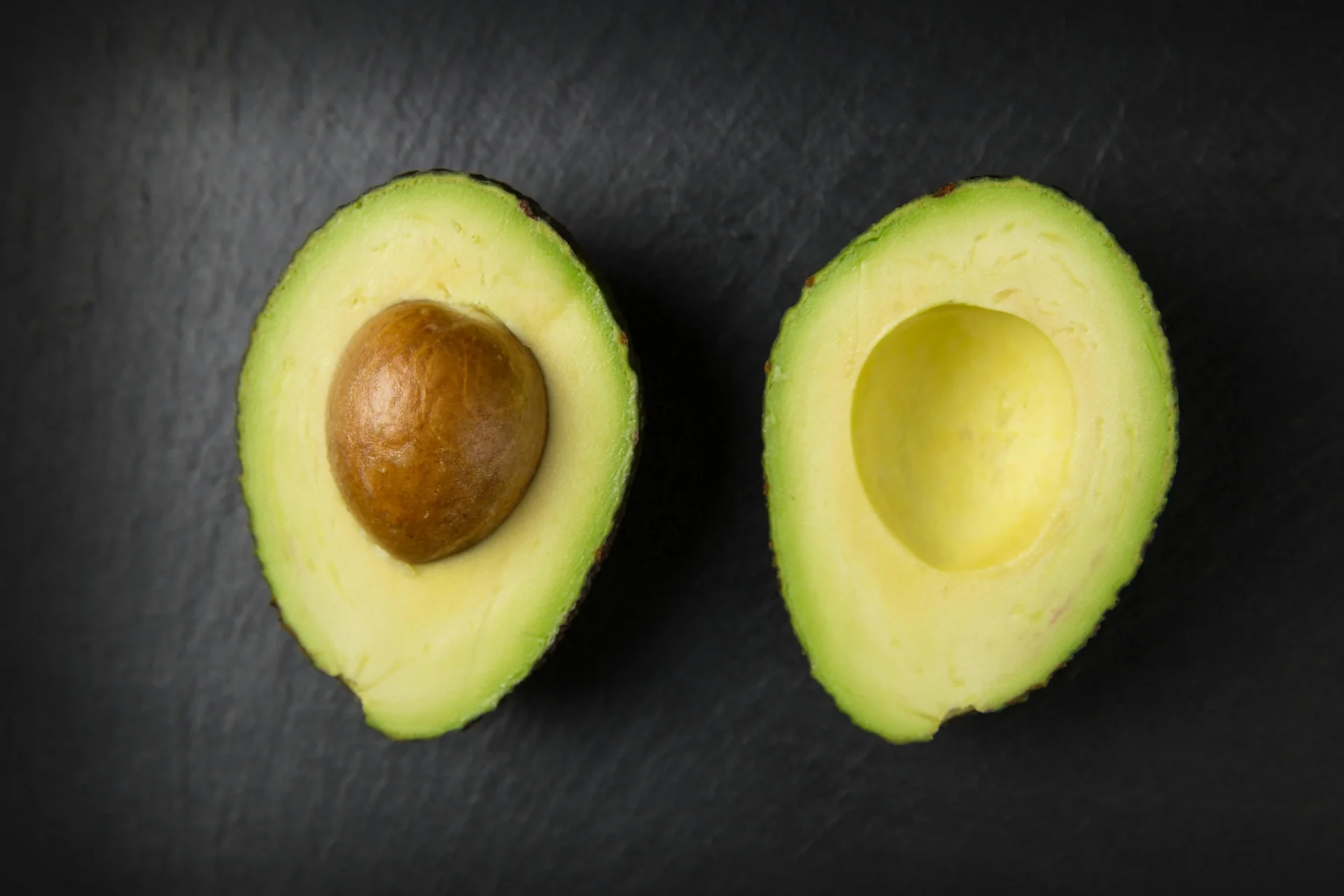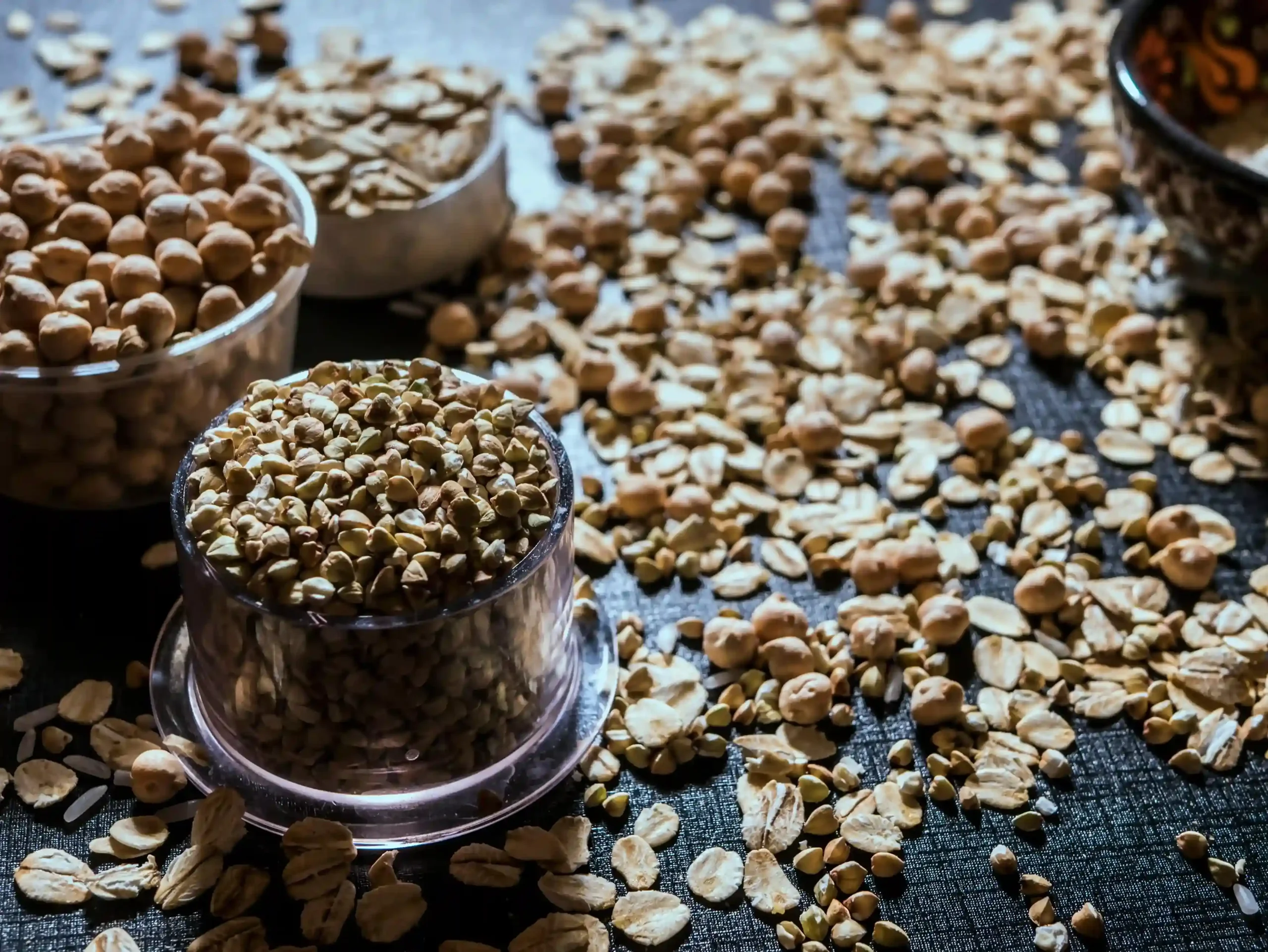The modern world with all it’s luxuries and comforts presents us with a new challenge, a unique ‘disease’: obesity. According to World Health Organization, obesity has nearly tripled since 1975 presenting a new problem. This epidemic is not confined to high-income countries; effecting individuals across all socioeconomic levels and age groups.
In an effort to deal with this, the pursuit of weight loss has become more popular and necessary than ever. However, with the need for weight loss, the advice around losing weight on the internet has become oversaturated.
Fad diets, overcomplicated exercise routines, extremely restrictive nutritional plans and online echo chambers lead to the average person seeking to lose weight extremely confused and frustrated, adding to their long list of physical and mental health issues, and degrading their body-image.
Losing weight does not need to feel this hard. All it takes is a scientific approach, patience, consistency and a positive relationship with one’s own body.
Disclaimer: The information provided in this article is intended for general informational purposes only. It is not a substitute for professional medical advice, diagnosis, or treatment. Before implementing any of the tips or recommendations outlined in this article, it is advisable to consult with a qualified healthcare provider or a registered dietitian to assess individual health needs and ensure that the suggestions align with personal health goals and medical conditions. The author and publisher do not assume any responsibility for any potential consequences resulting from the use of the information presented in this article.
Maintaining A Calorie-Deficit

Creating a calorie deficit lies at the core of any successful fat loss journey. Simply put, you need to burn more calories than you consume. This can be achieved through mindful eating, tracking calorie intake, and incorporating regular exercise into your routine.
By consistently maintaining a slight calorie deficit, you encourage your body to tap into its fat stores for energy, leading to gradual and sustainable weight loss.
Following A High-Protein Diet

A high-protein diet plays a crucial role in weight loss by promoting satiety, preserving lean muscle mass, and increasing calorie expenditure during digestion. Protein requires more energy for digestion compared to carbohydrates and fats, leading to a higher metabolic rate and greater fat burning. Additionally, protein-rich foods help curb cravings, reduce appetite, and prevent overeating, making it easier to adhere to a calorie deficit for fat loss. Preserving lean muscle mass is essential during weight loss to maintain metabolic function and prevent muscle loss. Therefore, incorporating lean protein sources such as chicken, fish, eggs, tofu, and legumes into your meals can significantly support and enhance your weight loss efforts.
Incorporating Healthy Fats

Healthy fats play a crucial role in weight loss by promoting satiety, supporting hormone regulation, and aiding nutrient absorption. Sources like fish, avocados, nuts, and seeds provide essential fatty acids that help control appetite and reduce cravings, leading to better adherence to a weight loss plan. Including healthy fats in the diet can also improve insulin sensitivity, enhance metabolism, and contribute to overall health and well-being. By incorporating these fats in moderation, individuals can achieve sustainable weight loss while reaping the nutritional benefits essential for optimal body function and fat loss success.
Increase Fiber Intake

Fiber is an essential nutrient that aids in digestion, promotes satiety, and supports weight management. Consuming a diet rich in fiber from fruits, vegetables, whole grains, and legumes can help you feel fuller for longer periods, reducing the likelihood of overeating. Additionally, fiber slows down the digestion and absorption of carbohydrates, preventing spikes in blood sugar levels and promoting more stable energy levels throughout the day.
Limit Processed Foods And Added Sugars

Processed foods and added sugars are notorious for contributing to weight gain and hindering fat loss progress. These empty-calorie foods provide little nutritional value and can lead to cravings, overeating, and fluctuations in blood sugar levels. Instead, focus on whole, nutrient-dense foods such as fruits, vegetables, lean proteins, healthy fats, and complex carbohydrates. By prioritizing whole foods, you provide your body with the essential nutrients it needs for optimal function while supporting your fat loss goals.
Hydrate Adequately

Staying hydrated is often overlooked but crucial for optimizing fat loss efforts. Drinking an adequate amount of water throughout the day not only keeps you hydrated but also supports metabolic function and aids in appetite control. Sometimes, feelings of hunger can be mistaken for thirst, leading to unnecessary calorie consumption. Aim to drink at least 8-10 glasses of water daily, and consider incorporating hydrating foods such as cucumbers, watermelon, and celery into your diet.
Active Life

Leading an active lifestyle is paramount for successful weight loss and overall well-being. Regular physical activity not only burns calories but also improves metabolism, increases muscle mass, and enhances cardiovascular health.
Engaging in activities such as cardio exercises, strength training, and flexibility exercises not only promotes fat loss but also helps to maintain a healthy weight in the long term. Additionally, an active lifestyle fosters better mental health, reduces stress levels, boosts mood, and improves sleep quality, all of which are crucial factors in supporting weight loss efforts. By incorporating physical activity into daily life, individuals not only achieve their weight loss goals but also enjoy improved overall health and vitality.
Incorporate Resistance Training

Resistance training, whether bodyweight training or lifting weights can play a crucial role on a fat loss journey. It helps in building and preserving lean muscle mass, which boosts metabolism as the body continues to burn calories to repair and strengthen muscles. This prolonged calorie burn, coupled with the metabolic boost from increased muscle mass, accelerates fat loss and improves overall body composition. Additionally, resistance training enhances physical strength, bone density, and metabolic health, making it an essential component of any effective weight loss regimen.
Prioritize Quality Sleep

Quality sleep is a fundamental aspect of overall health and plays a significant role in regulating appetite, metabolism, and weight management. Lack of sleep can disrupt hormonal balance, leading to increased hunger, cravings for high-calorie foods, and decreased energy levels. Aim for 7-9 hours of uninterrupted sleep per night, and establish a consistent sleep schedule to optimize sleep quality. Additionally, practicing relaxation techniques such as meditation or deep breathing exercises can help promote restful sleep and support fat loss efforts.
Stress Management

Chronic stress can have detrimental effects on both physical and mental well-being, including weight gain and difficulty losing fat. When stressed, the body releases cortisol, a hormone that can increase appetite and promote fat storage, particularly around the abdominal region. To manage stress effectively, incorporate stress-reducing activities into your daily routine, such as meditation, yoga, tai chi, or spending time in nature. Additionally, prioritize self-care practices and engage in activities that bring you joy and relaxation.
Consistency Is Key To Weight Loss

Lastly, consistency is crucial to long-term fat loss success. While implementing these strategies can yield significant results, it’s essential to remain patient, persistent, and committed to your goals.
Fat loss is a gradual process that requires dedication and discipline over time. Celebrate small victories along the way, stay focused on your progress, and remember that sustainable changes yield lasting results. With a focus on consistency, long-term success, self-care, and self-acceptance, individuals can not only reach their desired weight goals but also cultivate a healthier relationship with themselves, leading to lasting transformation and overall wellness.
A healthy metabolism is necessary for fat loss. Check out this article to learn about foods that boost your metabolism.

